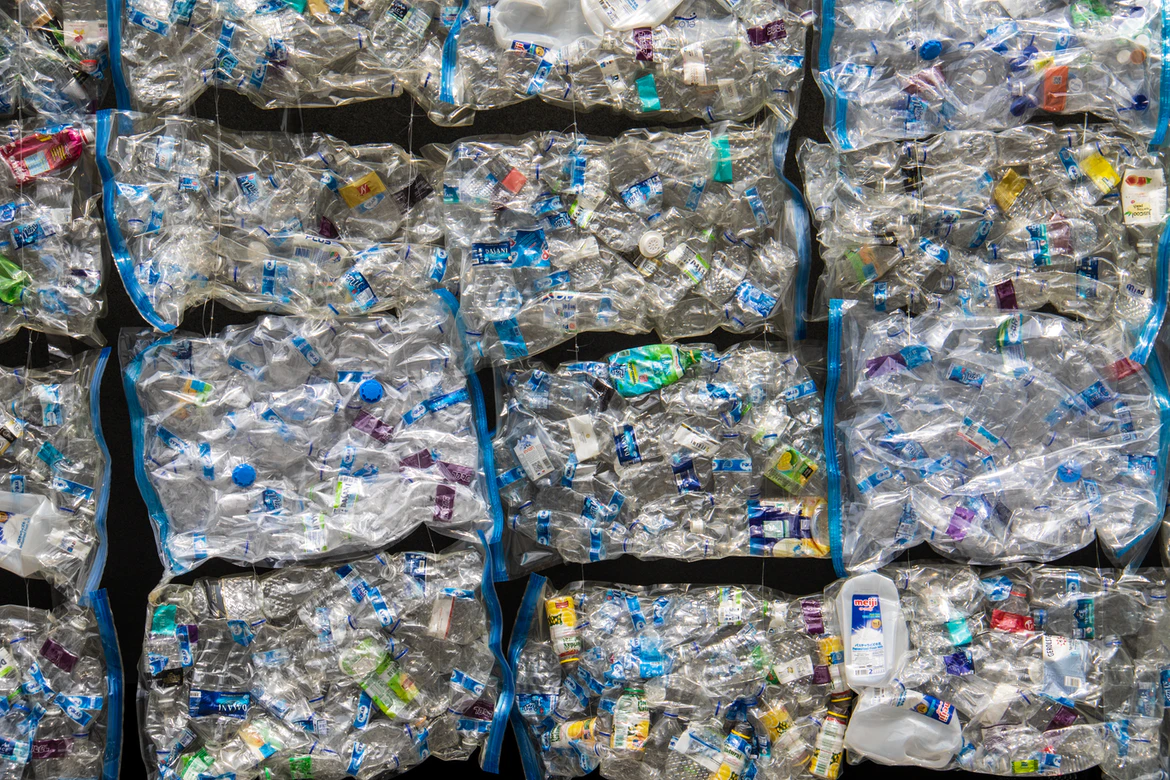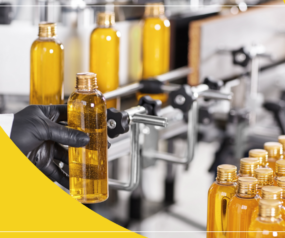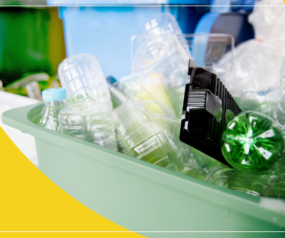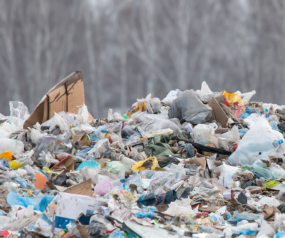Recycling Vs Banning: Which is the most effective solution to plastic waste problems?
The relationship between humans and plastic is a contentious one. The strong public focus on the environmental dangers of plastic accumulation in our oceans triggered this trend. Although plastic’s durability and long lifespan are the reasons why they’re harmful, they also make it an excellent asset. Imposing bans has both benefits and drawbacks, and this article examines both to determine the most effective solution to plastic waste problems.
Advantages and disadvantages of banning plastics
Both positive and harmful effects can be derived from a ban on plastics. An environmental benefit of a ban is the reduction of single-use plastics, which reduces the amount of plastic that enters the environment. It’s also advantageous since bans like these provide people with a window of opportunity to switch to less harmful options that are also cheaper. Despite our expectations, there is little evidence to support the claim that banning single-use products will positively impact the environment. Although there are reports to the contrary, certain countries have seen a rise in plastic garbage, while others have seen a decline.
In countries where a ban has been instituted, no data is available to establish whether or not the measures implemented are effective. It’s because of the new metrics and the requirement for a mechanism to monitor and analyse the outcomes. Following a ban could necessitate additional spending from the competent authorities to enforce the restriction or extend the prohibition to importing such products into the country. A black market could emerge if single-use plastics are outlawed and no substitutes can be found.
Why banning plastics won’t fix the problem
A ban on single-use plastics that isn’t supported by the public will fail because of the backlash it would encounter. It’s more important to modify their behaviour when it comes to making individuals feel like they are part of a movement. Some people propose using media to influence behaviour, such as emphasising using reusable cups instead of disposable ones in TV shows. Furthermore, as previously said, enforcing a ban necessitates the expenditure of public funds.
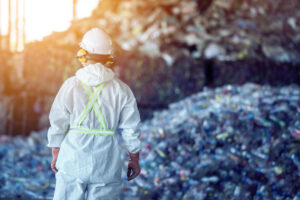
Why should plastics still be used?
Plastics have profoundly impacted a wide range of businesses, from the food industry to health care. Plastics in several sectors have supplied low-emission packaging options. Food rotting has decreased considerably as a result of plastics. Plastic components have lowered the weight of cars, planes, and other modes of transportation by hundreds of kilos, resulting in better performance, lower emissions, and more room for additional safety features.
Overall, packaging consumes significantly less energy than it did in the past. Our lives have been bettered by plastic, but it is a tool, and as such, its adverse effects, such as contamination of the environment, must be controlled. As long as the community continues to push for this, we can achieve a plastic future that is entirely sustainable and recyclable.
What is an alternative approach?
Of course, this does not imply that we should abandon efforts to reduce pollution caused by plastics. Instead of focusing on solutions that appear to fix problems, we should seek those that are based on systematic approaches. Plastics that are difficult to reuse must be phased out in favour of those that are easy to reuse. The experience of banning plastic bags is also instructive, as the restriction increased the prevalence of thicker plastic bags that were not regulated.
Researchers have found, however, that cotton and paper bag substitutes have environmental implications that can’t be ignored (either glasshouse gas emissions, the use of pesticides or the use of copious amounts of water). If, for example, people and businesses switch to utilising other permitted plastics, this may have a more significant (or different) environmental impact than alternatives currently accessible.
Looking for a trustworthy and sustainable plastic manufacturer?
Plas-Pak is a proudly West Australian-owned and operated company and one of the best plastic bottle manufacturers in the world. Wherever possible, we strive to design, manufacture and supply fully recyclable plastic bottles to meet our environmental responsibilities and help our clients meet theirs. Furthermore, we are working towards a zero-landfill goal at our production facility in Western Australia to minimise the impact that our commercial activities have on the environment. We have also installed a 100 kW solar PV system to reduce our carbon footprint, and we intend to further reduce carbon emissions in the coming years.

